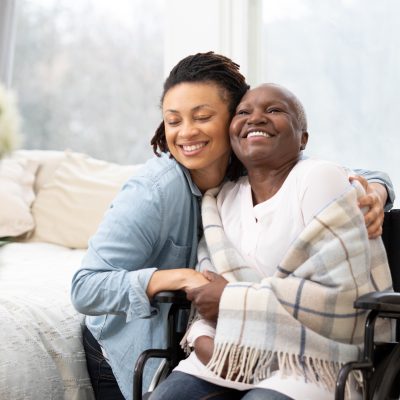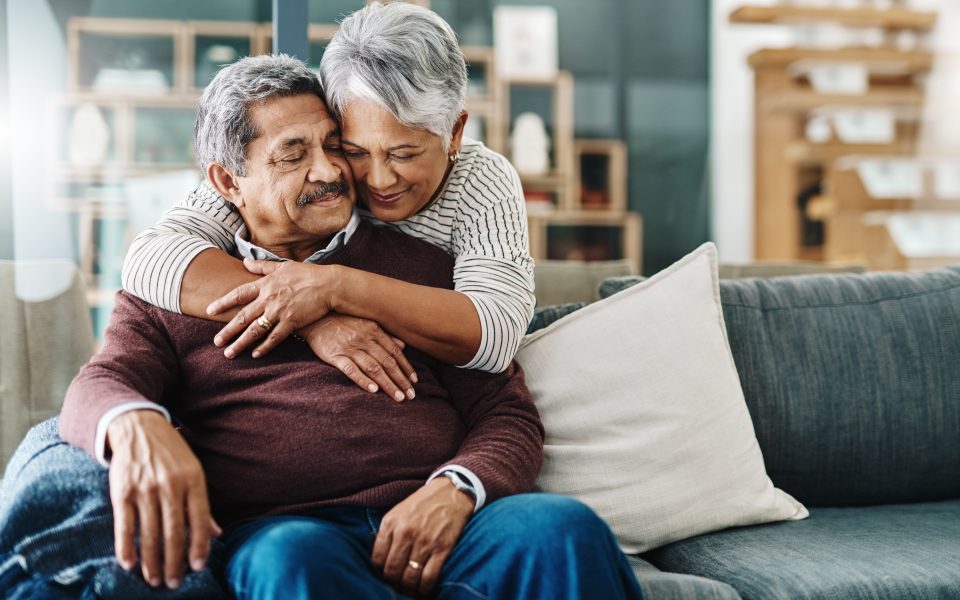Support for You and Your Loved One
 Our palliative care team recognizes that the patient is not the only one affected by a chronic or life-limiting illness – caregivers shoulder a portion of that load, as well. That is why we offer support and services to loved ones and caregivers.
Our palliative care team recognizes that the patient is not the only one affected by a chronic or life-limiting illness – caregivers shoulder a portion of that load, as well. That is why we offer support and services to loved ones and caregivers.
You will be at your best for your loved one if you are taking time to also care for yourself. Everyone manages stress differently, so find the way that works best for you – whether that is physical exercise, talking to a counselor or taking some quiet time for yourself.


